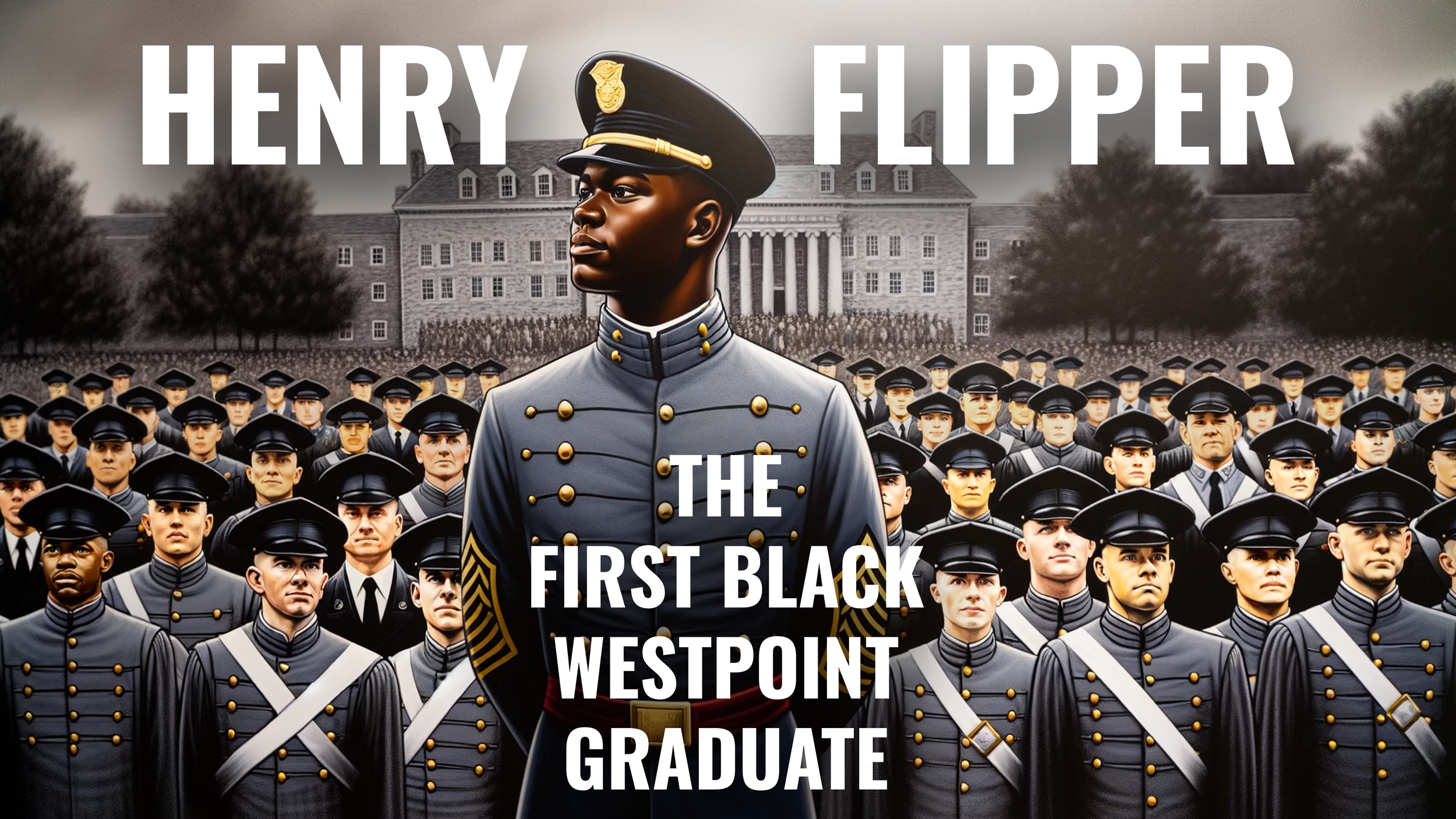The Legacy of Henry Ossian Flipper: Pioneering Engineer and Buffalo Soldier
Henry Ossian Flipper was born as a slave in Thomasville, Georgia, in 1856. His journey from the confines of slavery to becoming the first African American graduate of the United States Military Academy at West Point in 1877 is a powerful testament to his intellect, fortitude, and persistence. Flipper overcame immense racial discrimination at West Point on his way to becoming the first African American graduate of the prestigious military academy. His graduation marked a historic achievement, paving the way for future African American military leaders.
Commissioned as a second lieutenant in the all-black 10th Cavalry Regiment, known as the Buffalo Soldiers, Flipper's military career was marked by significant contributions and daunting challenges. His skills as an engineer were exemplified through his work in surveying, constructing roads and telegraph lines, and notably developing "Flipper's Ditch" at Fort Sill, which helped alleviate malaria outbreaks.
Henry’s “Flipper’s Ditch” was an engineering feat potentially responsible for saving many lives by draining stagnant water away from Fort Sill. Standing water at the fort became breeding grounds for mosquitos, which transmitted malaria to both soldiers and civilians. His design and oversight of its implementation led to the resolution of an issue that affected the health and well-being of many. It also showed his ability to use his engineering background to improve the living conditions of many.
Despite these notable accomplishments, his career was overshadowed by a controversial court-martial in 1881, where he faced charges of embezzlement and conduct unbecoming an officer. Though acquitted of embezzlement, he was unjustly found guilty of conduct unbecoming an officer and dismissed from the Army in 1882, a decision widely viewed as rooted in prejudice.
Legacy
Despite the setback of his dismissal, Flipper's post-military life was marked by significant achievements. He worked as a civil engineer, surveyor, and an expert on Mexican and American land law, contributing to land development in the Southwest. He authored several works that reflected his experiences and technical expertise, advocating for civil rights and tirelessly working to clear his name. His legacy was finally honored with a posthumous pardon in 1999 by President Bill Clinton, rectifying the injustice he faced and solidifying his place in history.
Henry Ossian Flipper's life and legacy resonate as a symbol of overcoming adversity and racial barriers. His contributions to the military, civil rights, and land development in the American Southwest are enduring reminders of his unyielding spirit and commitment to justice. Today, he stands as an inspirational figure, a pioneer who opened doors for future generations and challenged the racial barriers of his time.



